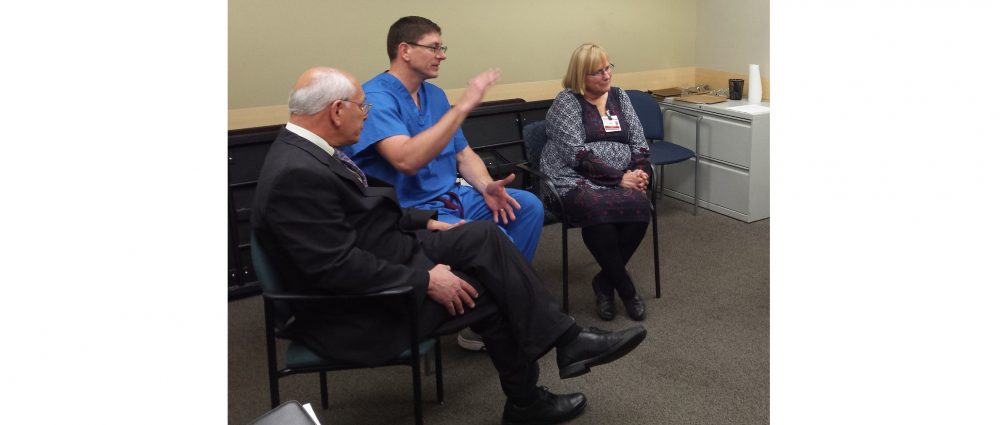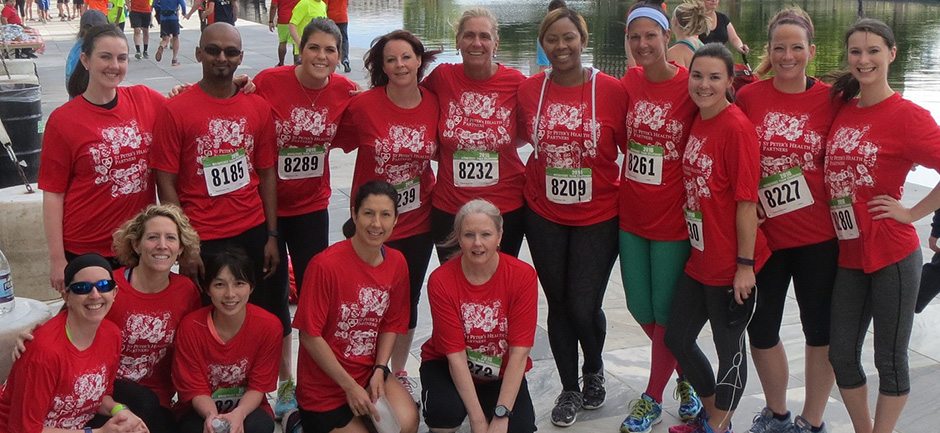
[This piece was written by Kimberly Aichner, LCSW-R, director of clinical operations at St. Peter’s Addiction Recovery Center (SPARC).]
June is graduation time for high schools all around the area, and for students it is an emotional, memorable time. For most it signifies the end of one chapter of their lives and the beginning of the next, the perfect reason for celebrations and fun!
However, along with the school-sanctioned events there are also numerous after-parties that can be marred by alcohol and drug use, violence and other negative outcomes.
According to the National Institute on Alcohol Abuse and Alcoholism (NIAAA), more than 75 percent of teens consume alcohol at some point during their high school years. So, even if your child is one of the 25 percent, chances are they will be around others who are drinking – especially during graduation weekend.
You’ve likely covered the topic of alcohol consumption and other behaviors more times than you can count in conversation with your teens over the years, but perspective in 9th grade often changes by graduation. For this “refresher” conversation, you should be sure to touch upon the following points:
- Absolutely no drinking and driving
- Don’t get in a car with someone who has been drinking
- When in the car, wear your seat belt
- Require phone numbers for where they are going in case you need to contact them (and not just their cell phones)
- Set personal boundaries and stick to them
- Parents/responsible adults need to be present at any parties they will be attending
If your child questions the reasons behind your rules, you can describe the effects of alcohol on the human body. The NIAA suggests reminding them:
- Inhibitions and memory become affected when you drink – people may say and do things that they will regret later and possibly not remember doing at all.
- Decision-making skills are affected. They may be at greater risk for having an alcohol-related traffic crash, getting into fights, or making unwise decisions about sex.
- Coordination and physical control are impacted. When drinking leads to loss of balance, slurred speech, and blurred vision, even normal activities can become more dangerous.
- Consuming too much alcohol can also lead to death. If people drink too much, they will eventually get sleepy and pass out. Reflexes like gagging and breathing can be suppressed. That means they could vomit and choke, or just stop breathing completely.
For adolescents (ages 13-18) with alcohol and substance abuse problems, St. Peter’s Addiction Recovery Center offers a variety of age-appropriate therapeutic and educational programs that address the problems teens face with their peers, families and schools. For more information about SPARC, call 518-452-6700.





